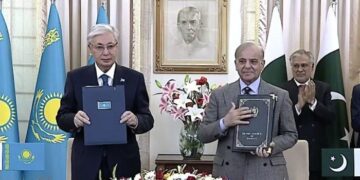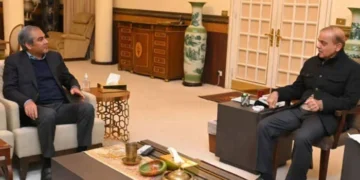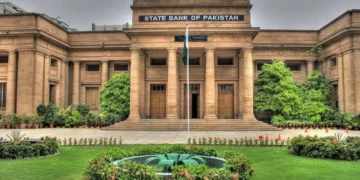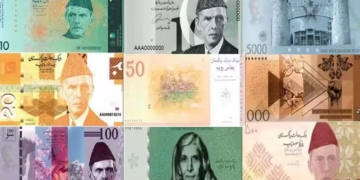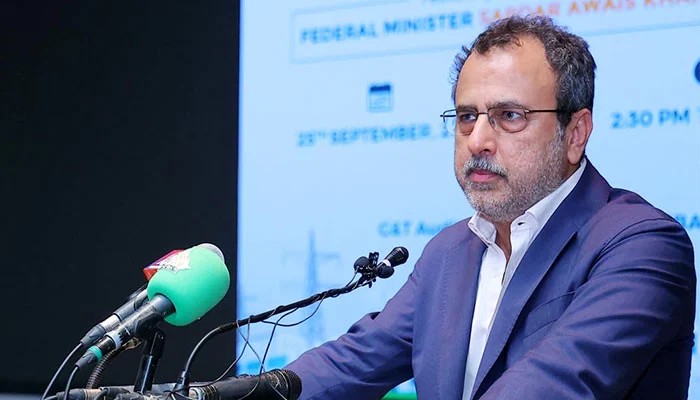Federal Minister for Energy Owais Leghari Announces Privatization of Electricity Distribution System
Federal Minister for Energy, Owais Leghari, has announced the privatization of the electricity distribution system, stating that by 2025, the government will no longer be responsible for the buying and selling of electricity.
In a press conference in Islamabad, Leghari explained that the public and electricity companies would be able to buy and sell affordable electricity to benefit each other at their discretion.
He emphasized that the government aims to resolve the energy crisis within the next four years. Currently, industries are receiving electricity at 47.17 rupees per unit, down from 58.50 rupees previously. The government has reduced the burden of an annual 150 billion rupees in cross-subsidy from the industry.
Leghari acknowledged that mismanagement and corruption had led to the inefficiency of the electricity transmission system. However, under the Prime Minister’s approval, a restructuring plan has been initiated to improve the system. NTDC will be divided into three parts, and a global-level company will be launched by the new year. Work on this is progressing rapidly and is expected to be completed by February.
He mentioned that the free market system for market operators had already been announced, and after cabinet approval, the laws for its implementation were created and put into action.
Leghari also highlighted that the approval for the establishment of this company had been pending for decades, but under the leadership of Prime Minister Shehbaz Sharif, this task was successfully completed. He pointed out issues with the electricity transmission lines, such as the failure to complete the Rahim Yar Khan to Matiari transmission line and the line from Ghazi Barotha to Faisalabad, which had hindered the provision of affordable electricity in the south.
Leghari emphasized that after addressing the energy crisis, delivering its benefits to the public is the government’s responsibility. He assured that they are accountable to the people of Pakistan and will work to maintain the interests of consumers, especially after the privatization of electricity distribution.
He added that reforms are also needed in NEPRA (National Electric Power Regulatory Authority), and consultations are underway to prepare recommendations, which will be presented to the cabinet. Just like distribution companies, reforms are also necessary for NEPRA.
Regarding IPPs (Independent Power Producers), Leghari refrained from going into detail, stating it was the responsibility of the task force, but mentioned that forensic audits could be an option. He noted that 18 IPPs were part of contracts that were terminated, and an advertisement had been issued by NEPRA for a forensic audit of one IPP. He further remarked that the founder of PTI had protected IPPs from forensic audits and granted them exemptions.
Leghari shared that after the completion of the first half of the current financial year, details will be provided in the first week of January. He stated that in the first five months, the losses of electricity distribution companies had decreased, and the circular debt had been reduced by hundreds of billions of rupees. He expressed hope that the allocated budget for circular debt would be significantly lower this time.
He highlighted that over 1000 billion rupees of public money had been saved, and relief was provided for additional electricity at the rate of 26 rupees per unit. In Balochistan, where losses of 80 to 85 billion rupees were incurred due to tube wells, these tube wells are now being switched to solar energy.
Leghari mentioned that contracts with five IPP plants have been terminated, resulting in savings of 411 billion rupees. He also stated that contracts with eight bagasse-based plants will save 238 billion rupees.
He concluded by saying that if the PTI government had followed its formula, the public would have been paying higher electricity prices for the next ten years. There are no advisory boards in the companies, and efforts are being made to bring the losses of electricity companies to zero and reduce capacity payments to make electricity cheaper.






